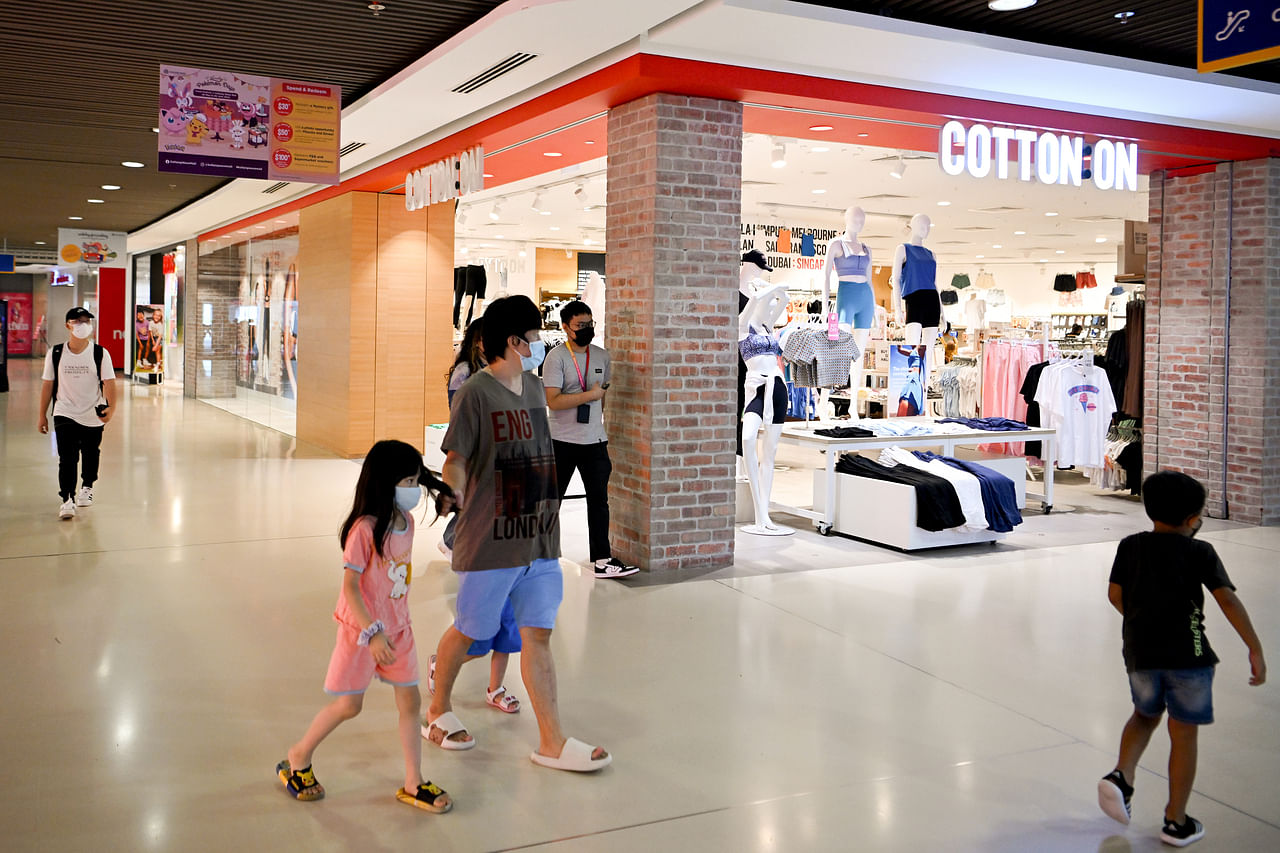SINGAPORE - A mix of push and pull factors were key reasons behind the Government's decision to take control of the Sports Hub, observers told The Straits Times.
On the one hand, the complex nature of the project, competing interests between partners in the consortium, and a general inability to align on objectives between Sports Hub Pte Ltd (SHPL) and the Government led to frequent frustration in the nearly eight years SHPL ran the show.
On the other hand, the development of other sporting infrastructure in the Kallang area and a rise in demand for large-scale sport, lifestyle and entertainment events, especially after Covid-19, meant it made sense for Sport Singapore (SportSG) to take over and lead the way.
On Friday (June 10), SportSG said it would take over the ownership and management of the $1.33 billion venue on Dec 9, after terminating its public-private partnership (PPP) with SHPL that had been in place since the Sports Hub started operations in 2014.
SportSG said it would make the Hub more accessible to the broader community and develop Kallang into a vibrant and integrated sports, wellness and lifestyle precinct.
At a press conference, SportSG chief Lim Teck Yin said: "The existing structure has some contractual limitations that make it difficult for us to be able to consider how to build further synergy if we would like to be able to do so both commercially as well as for operations."
Observers said the PPP operating model ultimately did not prove a good fit for what was the largest sports facilities infrastructure deal in the world at the time it was conceived. They cited several reasons:
Interests not aligned
While he did not delve into details, former SHPL chief executive officer Oon Jin Teik noted that the "uniqueness" and "complexity" of the Sports Hub project, with its "multiple revenue streams", required an alignment of objectives between the consortium and the Government, which was not always the case.
Mr James Walton, sports business group leader for Deloitte South-east Asia, said that the SHPL prioritised profit and ran on a commercial model, while SportSG pushed national interests and developing the local sports industry.
Such interests included sports programmes for the wider community, which are not necessarily profitable.
He said the model does provide some limitations in terms of the availability of the space, the calendar that needs to be filled and the kind of events.
"Effectively you're having to always agree on the usage... (between) two parties with different goals," he noted.
Too many 'dishes'
Former Singapore Athletics president Tang Weng Fei welcomed the move for full government control, describing the PPP arrangement for the Sports Hub as "complicated", given its many offerings.
In addition to being a premier sports venue, it also aims to be a lifestyle and entertainment destination, with the 41,000 sqm Kallang Wave Mall a major attraction.

Mr Tang, an oil trader who also operates a power plant in Myanmar which runs under a similar PPP agreement, said: "My business model is very simple. You provide the gas to me, I run it, I charge it by kilowatts per hour. For the Sports Hub, it's very difficult because there are so many (considerations)... because the facility has so many other uses. I'm sure the people at Sports Hub had a tough time."
With flexibility and free rein as sole controller of the venue, SportSG could have a more straightforward task juggling these various offerings.
Partners clash
There have been frequent reports of clashes even within the SHPL itself - a private consortium comprising three equity partners, namely Infrared Capital Partners, Global Spectrum Asia and Cushman & Wakefield Facilities & Engineering.
A source close to the SHPL, who did not want to be named, told ST that some disagreements stem from how each partner is "taking care of its own profit".
"One may make more money than the others," said the source. On top of that, the SHPL still has to cater to SportSG's needs. "That's why it's so difficult."
Prohibitive costs
The terms of the project agreement made it hard for local sports administrators to use the facility.
As a sports administrator, Mr Tang said he endured a "nightmare" when he won the bid to stage the Asia Masters Athletics Championships in Singapore in 2018, only to be quoted $620,000 for usage of the National Stadium for four days' rental. This was double the event's entire budget.
The meet eventually took place at the National Stadium, but only after the rental costs were reduced with help from the authorities.
Singapore Athletics, he said, is not a money-making commercial enterprise. "The hassle of negotiating the rates, as well as operational issues like security or how many entrance and exit points would be open - which could also lead to more costs - was a nightmare."
A brighter tomorrow
With SportSG set to take over the Hub from Dec 9, some in the sporting fraternity say they are looking forward to stronger social, sporting and economic outcomes, especially with the upcoming Kallang Alive precinct development which will see venues like a Tennis Hub and Youth Hub built.
"At the end of the day, as we move forward as a nation, it is not just about sport," Mr Tang noted.


